|
Dr Tom Cromarty Editor Interests: Paediatric Emergency Medicine, Medical Engagement and Leadership, Simulation, Quality Improvement, Research Twitter: @Tomcromarty |
Welsh Research and Education Network
WREN BlogHot topics in research and medical education, in Wales and beyond
Dr Celyn Kenny Editor Interests: Neonates, Neurodevelopment, Sepsis, Media and Broadcasting Twitter: @Celynkenny |
|
‘Eculizumab in Shiga-Toxin producing E. Coli Haemolytic Uraemic Syndrome: A Randomised, Double-Blind, Placebo-Controlled Trial’ This is a trial currently recruiting on the Paediatric Nephrology Unit at UHW Aim of trial: To assess whether Eculizumab reduces the severity of Shiga-toxin producing Ecoli Haemolytic Uraemic Syndrome (STEC HUS) in children and young people Background:
What is Eculizumab?
Primary Research Objective: To determine whether the severity of STEC HUS is less in those given Ecu compared with those given placebo, in children aged 6m-18 years -Clinical Severity Score assigned at day 60 Secondary Objectives: i)To assess the safety of Ecu in STEC HUS ii)To determine whether the incidence of CKD following STEC HUS is less in those receiving Ecu compared with those receiving placebo iii)To evaluate the cost-effectiveness of administration of Ecu in STEC HUS from the perspective of the NHS Inclusion Criteria
- MAHA - Thrombocytopaenia - AKI
Exclusion Criteria
Active arm: Standard therapy + 1st dose Ecu Day 1, & 2nd dose Ecu Day 8 Control arm: Standard therapy + 1st dose placebo Day 1, & 2nd dose placebo Day 8 NB: The trial contains an internal pilot phase of 18m (12m recruitment, 6m follow-up), the purpose of which is to determine whether the substantive trial will continue. For further information please contact: Jennifer Muller, Paediatric Research Specialist Nurse (CYARU) [email protected] Annabel Greenwood
Paediatric ST3
1 Comment
By Annabel Greenwood The Neonatal Unit at UHW are currently participating in the ‘Optimist-A Trial’ and I thought this would be the perfect platform to raise awareness and explain briefly about the trial…
What is it? An international multicentre randomised controlled trial of surfactant administration whilst on CPAP, in preterm infants 25-28/40 gestation. Research Question Does administration of exogenous surfactant using a minimally-invasive technique improve outcome in preterm infants treated with continuous positive airway pressure (CPAP)? Why is it important? Premature babies ( ≤28 weeks gestation) with significant surfactant deficiency on CPAP have historically required intubation for the administration of surfactant therapy, with subsequent increased associated risk of death, bronchopulmonary dysplasia (BPD) and other morbidities. In an attempt to address this problem, minimally-invasive surfactant therapy (MIST) techniques have been developed whereby exogenous surfactant is administered via an instillation catheter, inserted briefly into the trachea under direct laryngoscopy, whilst on CPAP. Eligibility Criteria
Randomisation Eligible infants will be randomly allocated to receive exogenous surfactant via MIST, or continue on CPAP. Intervention
Primary Outcome
Any further queries? Contact Rachel Hayward Neonatal SpR at UHW, for any further information ([email protected])
Once randomized, children will be followed up over a 28-day period, with telephone contact at 7, 14 and 21 days, and a face-to-face consultation at 28 days. Parents are also keeping a daily symptom diary to monitor their child’s progress, as well as filling in wellbeing questionnaires at the contact times. Pre- and post-treatment nasoparyngeal and saliva swabs are being taken to analyse bacterial resistance patterns.
CAP-IT is planned to be recruiting over the next two winters with a target cohort of around 2,500 children, so is still in its early phases. It’s one of the first major trials being run out of the new Children and Young People’s Research Unit, based at the Noah’s Ark Children’s Hospital for Wales. For anyone that is interested and wants to know more, or even get involved, please get in touch with WREN and we can point you in the right direction! Links to the protocol and website are included at the bottom of the article. So, hopefully in a few years, we may understand this common condition a little better, but more importantly, the best way to treat it and ensure that treatment will continue working for the generations to come. CAP-IT: Efficacy, safety and impact on antimicrobial resistance of duration and dose of amoxicillin treatment for young children with Community-Acquired Pneumonia (CAP): A randomized controlled trial. www.capitstudy.org.uk http://www.ctu.mrc.ac.uk/our_research/research_areas/other_conditions/studies/cap_it/ |
Editors
Dr Annabel Greenwood Categories
All
|



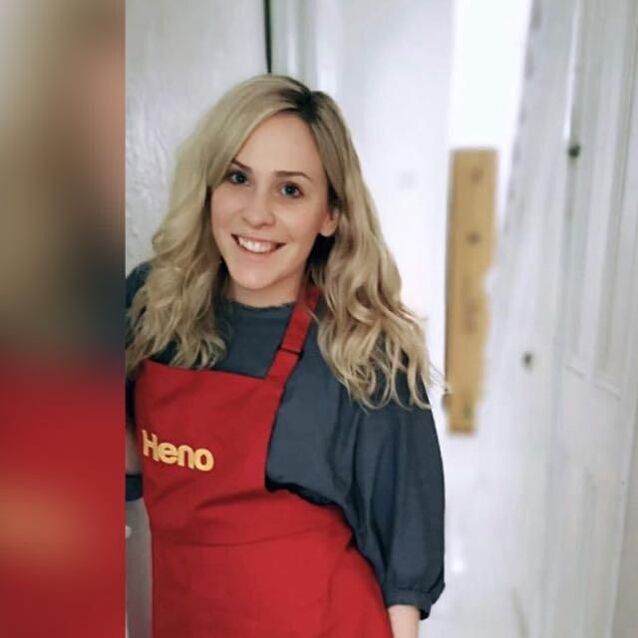
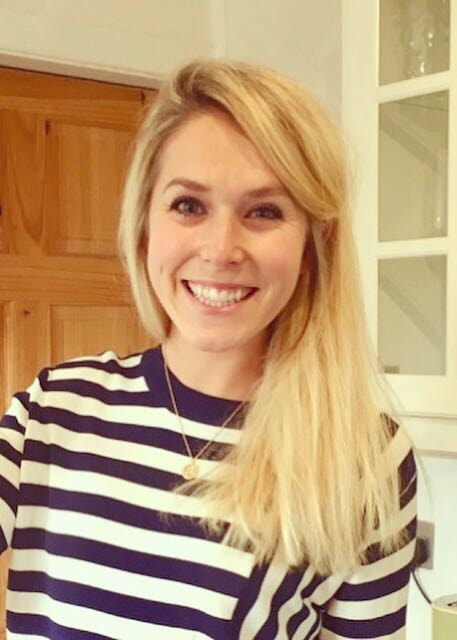
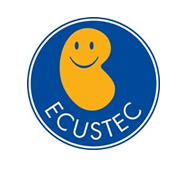

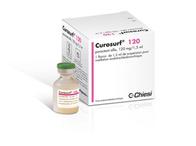
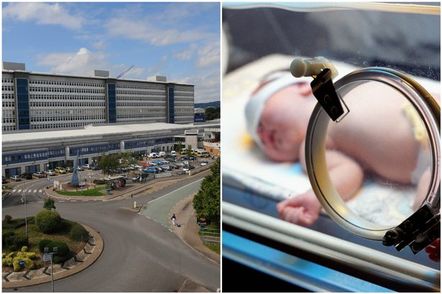

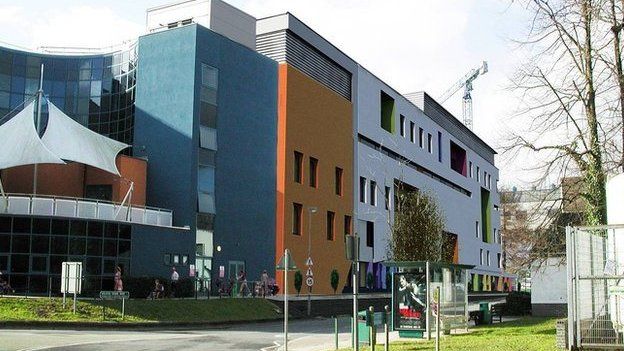
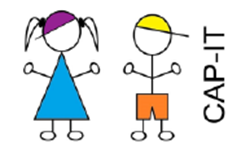
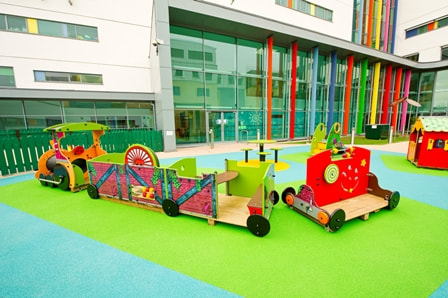
 RSS Feed
RSS Feed
